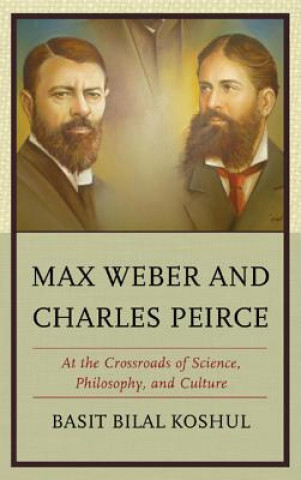
Code: 02657208
Max Weber and Charles Peirce
by Basit Bilal Koshul
Max Weber and Charles Peirce: At the Crossroads of Science, Philosophy, and Culture shows that a relational conception of science is implicit in Max Weber's reflections on scientific inquiry as a bridge between the Geisteswissensc ... more
- Language:
 English
English - Binding: Hardback
- Number of pages: 240
Publisher: Lexington Books, 2014
- More about this

You might also like
-

Gluck der Erde
34.89 € -1 % -

Day the Revolution Began
32.47 € -9 % -

Description of Millenium Hall And the Country Adjacent Together with the Characters of the Inhabitants and Such Historical Anecdotes and Reflections A
24.81 € -

Grandchildren
218.99 € -

Coal Tar Distillation And Working Up Of Tar Products
30.66 €
Give this book as a present today
- Order book and choose Gift Order.
- We will send you book gift voucher at once. You can give it out to anyone.
- Book will be send to donee, nothing more to care about.
More about Max Weber and Charles Peirce
You get 406 loyalty points
 Book synopsis
Book synopsis
Max Weber and Charles Peirce: At the Crossroads of Science, Philosophy, and Culture shows that a relational conception of science is implicit in Max Weber's reflections on scientific inquiry as a bridge between the Geisteswissenschaften (soft sciences) and Naturwissenschaften (hard sciences). Because he is not a trained philosopher, Weber does not have the precise philosophical language in which to articulate his ideas clearly. Consequently, his relational vision of science remains obscure. Basit Bilal Koshul brings clarity and precision to Weber's insights using the pragmaticist philosophy of Charles Peirce. He makes explicit the phenomenology, semiotics, and logic that are implicit in Weber's methodological writings and translates them into Peircean terms. Since Peirce explicitly offers his philosophy of science as a critique of the modern divide between the humanistic and natural sciences and of the divide between religion and science, this translation has a double effect. It clarifies Weber's insights on the methodology of scientific inquiry, and it extends the reparative force of these insights into the larger culture of which science is one part. The reconstruction of Weber's relational conception of science along the lines of Peirce's pragmaticism, in turn, reveals that Weber's work points toward deep affinities between religion and science. Given the fact that the same phenomenology, semiotics, and logic that underpin Peirce's philosophy of science are also at the root of his philosophy of religion, we can begin to appreciate the fact that Weber's work makes an important contribution to bridging the divide between religion and science. In providing models that bridge divides and move towards complementary relationships, Weber and Peirce not only help us to better understand disenchantment as the fate of our times, but also offer uniquely valuable resources to reach for cultural horizons that lie beyond it.
 Book details
Book details
Book category Books in English Humanities Philosophy History of Western philosophy
161.80 €
- Full title: Max Weber and Charles Peirce
- Author: Basit Bilal Koshul
- Language:
 English
English - Binding: Hardback
- Number of pages: 240
- EAN: 9780739178003
- ISBN: 0739178008
- ID: 02657208
- Publisher: Lexington Books
- Weight: 510 g
- Dimensions: 236 × 159 × 22 mm
- Date of publishing: 07. February 2014
Trending among others
-

Meditations
8.97 € -24 % -

Aphorisms on Love and Hate
3.92 € -15 % -

The Myth of Sisyphus
8.06 € -

Meditations
16.03 € -16 % -

The Symposium
9.27 € -24 % -

Beyond Good and Evil
9.27 € -34 % -

Twilight of the Idols with The Antichrist and Ecce Homo
5.44 € -26 % -

Phenomenology of Spirit
37.31 € -5 % -

Gay Science
12.50 € -22 % -
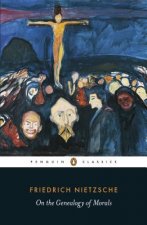
On the Genealogy of Morals
11.09 € -16 % -

Meditations
20.17 € -19 % -
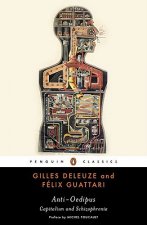
Anti-Oedipus
19.56 € -18 % -
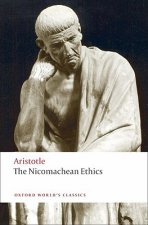
Nicomachean Ethics
10.99 € -4 % -

Brief History of Everything (20th Anniversary Edition)
16.94 € -19 % -

Jung's Map of the Soul
24.91 € -18 % -

On the Shortness of Life
8.56 € -21 % -

Think
12.30 € -28 % -
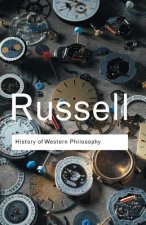
History of Western Philosophy
25.71 € -5 % -

Birth of Tragedy
3.82 € -17 % -
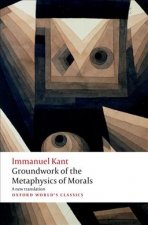
Groundwork for the Metaphysics of Morals
10.88 € -18 % -
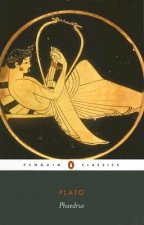
Phaedrus
9.78 € -26 % -
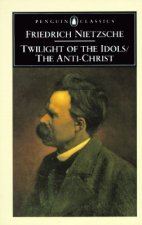
Twilight of Idols and Anti-Christ
11.39 € -11 % -

Order of Things
20.57 € -14 % -

Ecce Homo
9.27 € -28 % -

Being and Event
29.24 € -9 % -

City of God
19.06 € -
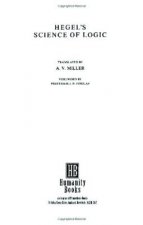
Hegel's Science of Logic
40.54 € -12 % -

Existentialism and Humanism
12.30 € -14 % -

Companion to Mill
217.78 € -

Blackwell Companion to Philosophy 2e
54.16 € -

Logics of Worlds
43.27 € -
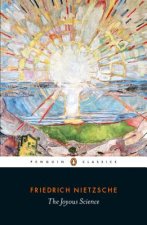
Joyous Science
11.29 € -28 % -
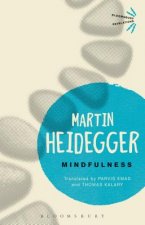
Mindfulness
36.51 € -
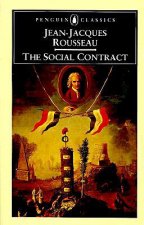
Social Contract
10.08 € -17 % -

Ethics of Authenticity
20.06 € -8 % -

Hobbes's Critique of Religion and Related Writings
47.10 € -

Parallax View
29.14 € -

Why I Am so Clever
3.92 € -15 % -

Letters from a Stoic
12.30 € -14 % -

Discourses and Selected Writings
10.58 € -26 % -

Either/Or
19.36 € -

Nausea
11.09 € -22 % -

Simulacra and Simulation
23.29 € -

Myth of Sisyphus
11.09 € -22 % -

Things Hidden Since the Foundation of the World
31.16 € -6 % -

Ride the Tiger
20.87 € -19 % -

Human, All Too Human & Beyond Good and Evil
5.84 € -20 % -

Spell of the Sensuous
17.14 € -14 % -

Fear and Trembling
11.09 € -22 %
Collection points Bratislava a 2642 dalších
Copyright ©2008-24 najlacnejsie-knihy.sk All rights reservedPrivacyCookies



 15549 collection points
15549 collection points Delivery 2.99 €
Delivery 2.99 € 02/210 210 99 (8-15.30h)
02/210 210 99 (8-15.30h)